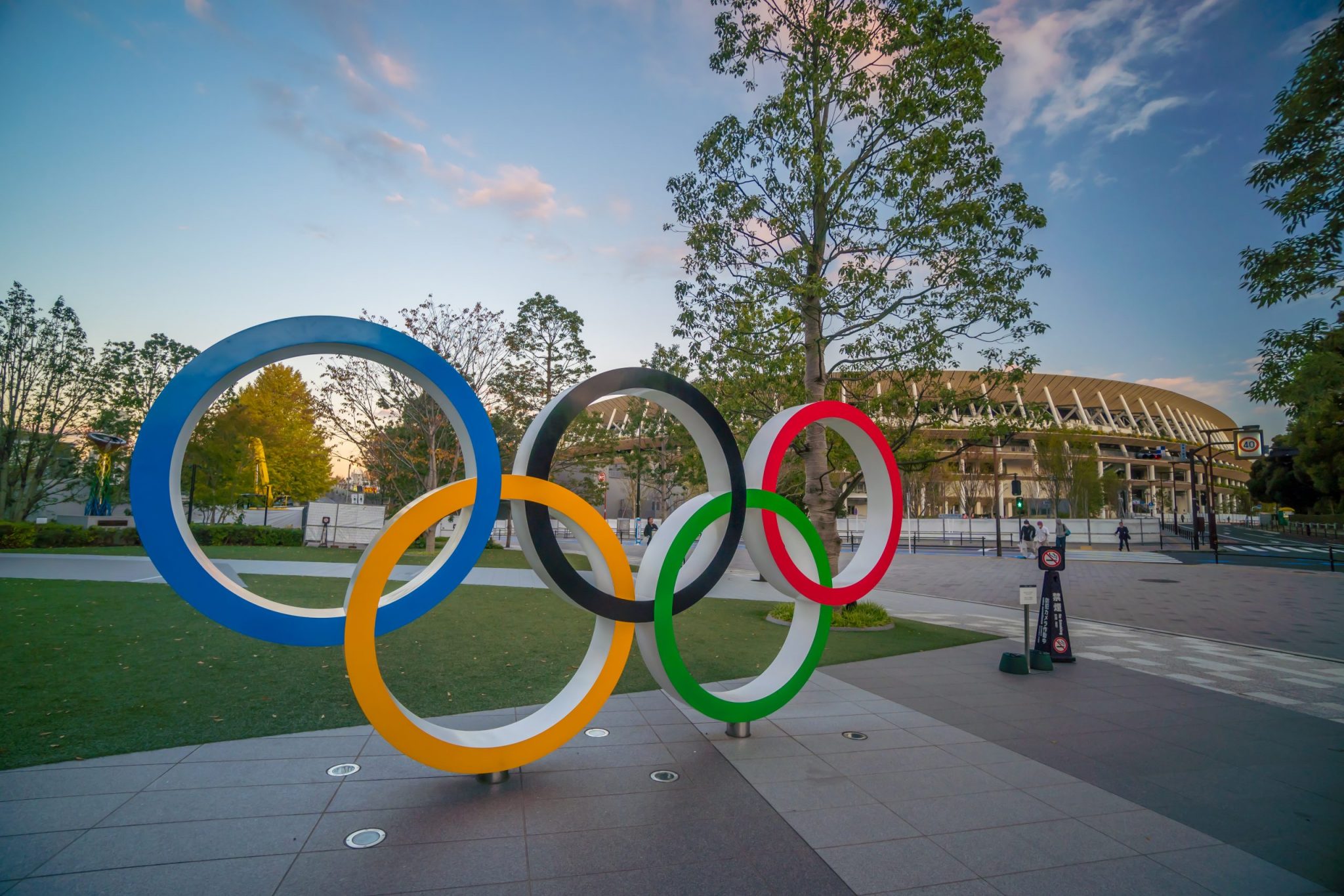Covid-19 vaccines and “mask diplomacy” have been the centerpieces of many countries’ soft power strategies over the past year. Early in the pandemic, countries like Russia and China sought to use shipments of personal protective equipment (PPE) and other foreign aid to promote their image abroad, while the United States struggled to contain the virus within its borders. (Though at times this approach backfired after donated equipment was found to be faulty.) As vaccines became available, vaccine access and distribution were used as diplomatic tools to get a step ahead in wielding influence around the world.
Cyber and malign information campaigns have accompanied these on-the-ground diplomatic efforts. China, Russia, and North Korea all employed hacking to try to obtain information about Covid-19 vaccine development. Chinese officials peddled conspiracy theories about the origin of Covid-19, claiming the U.S. Army may have been responsible for unleashing the virus or that it was the result of a lab leak at a U.S. government bioresearch lab. Russian intelligence-linked disinformation sites promoted false and manipulated information about Western vaccines. More recently, a company with ties to Russia—but an unverified, anonymous client—funded a covert campaign to pay French influencers to criticize the Pfizer vaccine on their social media accounts.
In 2021, the Tokyo Summer Olympics may shape up to be what Covid-19 PPE and vaccine diplomacy was to 2020: a clear opportunity for nation states to deploy information campaigns to denigrate their adversaries, promote their system of governance, and burnish their image on the world stage. Despite attendance limitations at the Summer Games, nations recovering from the Covid-19 pandemic will be eager to boost their global image, while delivering a dose of national pride to virus-weary audiences at home.
For the Kremlin, this creates a problem. Russia is banned from competing in this year’s Games (along with the 2022 Beijing Winter Olympics) as punishment for its state-sponsored doping program that was revealed by a World Anti-Doping Agency (WADA) investigation and Russian whistleblower Grigory Rodchenkov following the 2014 Sochi Olympics. Russian President Vladimir Putin has decried the ban as “based on political considerations.” His desire for retribution—not to mention a distraction from a deadly new surge of coronavirus cases hitting the country—makes the Kremlin a clear cyber and information threat to this year’s Games.
Russia, of course, has a history of cyber and information operations targeting international sporting competitions and athletes. In retaliation for WADA’s investigation into Russia’s doping program, Russian hackers penetrated the networks of at least 16 different international sports and antidoping organizations, leaking the private medical records of Western athletes. In 2018, Russia’s military intelligence arm, the GRU, sought to disrupt the Winter Olympics in PyeongChang, South Korea, via malware and other cyber intrusions. And according to U.K. officials, the GRU has reportedly already carried out “cyber reconnaissance” on officials and entities involved in the Tokyo Olympics and planned a cyberattack targeting the Games. It is clear the Russian state cares deeply about the Olympics—not just through its covert cyber intrusions, but via Kremlin-linked information sources, too.
Russian state media’s coverage of the Olympics thus far has been predictably negative, with stories focusing on the Japanese population’s resistance to hosting the Games due to public health concerns, controversy over the participation of a transgender athlete from New Zealand, and portrayals of the Games as “sterile” and “fun-free” thanks to the pandemic.
This follows a September 2020 Facebook takedown, in which the company disclosed that it had removed Facebook assets associated with Russian military intelligence that, among other malign behavior, posted negative commentary about Japan. Further, the Russian political operative Alexander Malkevich, who was sanctioned by the United States for efforts to interfere in the 2018 midterm elections, and his organization, the Foundation for National Values Protection (FZNC), which was sanctioned by the United States in 2021 for further election interference efforts, have run their own information operation alleging that attention on Russian athletes is meant to deflect from doping scandals perpetrated by Western athletes.
Russian intelligence-linked disinformation websites have also published content portraying the Games negatively. For example, one article headlined “Suicidal Games: Tokyo’s Coronavirus Olympics” was published on Oriental Review, an outlet reportedly directed by Russia’s Foreign Intelligence Service (SVR), and SouthFront, a disinformation outlet that receives taskings from the Federal Security Service (FSB) and was sanctioned this year by the U.S. government for election interference efforts. The agents and provocateurs using information operations to destabilize democracies and meddle in elections around the globe are the same individuals seeking to discredit the Olympics, paint Russia’s ban as political sabotage, and criticize Western athletes.
Separate from the Olympics, Japan has also become a recent target of the Kremlin’s overt and covert propaganda machinery. Russian-Japanese relations were recently inserted into the news cycle when Putin made comments this June threatening to halt treaty talks with Japan over the disputed Kuril Islands, a conflict that dates back to post-WWII geopolitics. A focus on this geopolitical conflict makes it all the more likely Russia will seek to further undermine Japan’s hosting of the Games.
It is tough to sell authoritarianism without gold medals. Russia’s inability to flaunt successes at the 2021 Olympics after a year of turmoil at home marked by opposition protests and coronavirus lockdowns means it is likely to lash out at the Tokyo Olympics—through cyberattacks and disinformation campaigns alike.
The views expressed in GMF publications and commentary are the views of the author alone.






